This came out earlier this year, but it’s still a terrific resource for understanding the impact our food has on this earth.
Nutrition
‘When Vegan Influencers Quit Being Vegan, the Backlash Can Be Brutal’ ∞
From Cassidy Dawn Graves at Vice:
Last March, vegan YouTuber Yovana Mendoza posted a video on her channel, Rawvana, that rocked her followers to their cores.
“I definitely did not feel ready to talk about this,” Mendoza told the camera, her expression solemn.
She had garnered nearly two million subscribers for her raw vegan diet content, but had recently been spotted with a plate of fish and called out for her ostensible hypocrisy. In the video, which has since been made private, she explained that while six years of raw veganism “elevated [her] consciousness,” recently, her health had begun to suffer. She lost her period, she was “basically anemic,” and she was riddled with digestive issues. Eventually, she said, she couldn’t take it anymore, and started eating fish and eggs
The biggest problem with quote-unquote influencers of any kind is approaches and understanding can vary. They often are not experts but attract viewers who think they display an expertise. And what happens to their health is a display of that ignorance.
Eating an unhealthy diet of any kind will have adverse side effects. Not just a vegan one, and balancing a diet isn’t easy. Just look at the incredible amount of people in America with heart disease, high cholesterol, high blood pressure, and on and on. Health problems happen to carnivores and herbivores alike.
What’s frustrating for me is that instead of continuing to be vegan in a more common capacity, they rescind their whole ethos because their extreme form of veganism left them with health issues.
At least, the article gets it right:
Of course, many vegans are perfectly healthy. “Most healthy people should be able to adapt to an all-plant diet,” says Marion Nestle, nutritionist, professor, and James Beard Award-winning author. She emphasizes eating a “variety of plant food sources, taking in enough calories to maintain a healthy weight, and finding a good source of vitamin B12.”
[…]
Nestle notes these problems are more associated with “starvation” than a standard plant-based diet, which “should not cause people to lose weight or have any of those issues.”
The revolt and anger in their comment section speak to the worst part of veganism, in my opinion. Yelling will never change someone’s mind. Unfollow and move along. There’s likely someone better out there anyway.
People need to come to a more plant-focused lifestyle in their own way. Whether it’s for the environment, the animals, or for our health — no one is going to switch teams because they were given an ALL-CAPS rant in their comment section or bluntly told-off in person. And though I do think having vigilant convictions is great for the self, we can’t wrap others in the blanket of our beliefs.
‘Malnutrition Case Stirs Debate About Vegan Diets for Babies ‘ ∞
It happens every once in a while: A child being raised vegan develops serious health problems, setting off an emotional debate over whether such diets are suitable for the very young.
Experts say it is possible to raise healthy infants and children on a totally plant-based diet.
Like any diet for a child, all it takes is planning — and these parents didn’t plan. A reminder that the American Dietetic Association says: that appropriately planned vegan diets are healthful, nutritionally adequate, and may provide health benefits in the prevention and treatment of certain diseases. Well-planned vegan diets are appropriate for individuals during all stages of the life cycle, including pregnancy, lactation, infancy, childhood, and adolescence, and for athletes.
